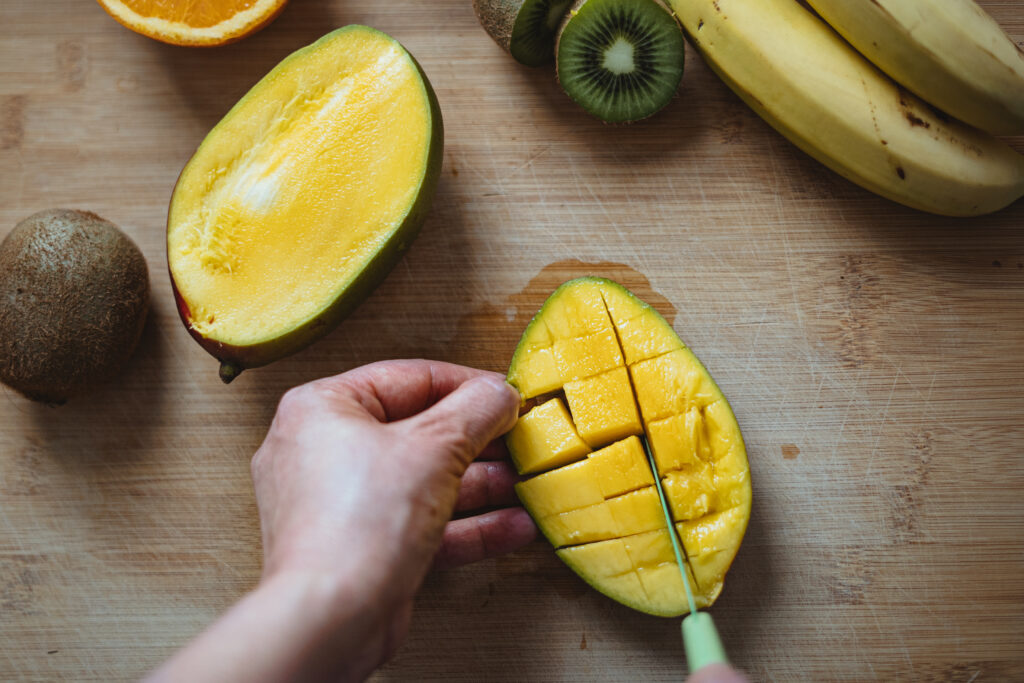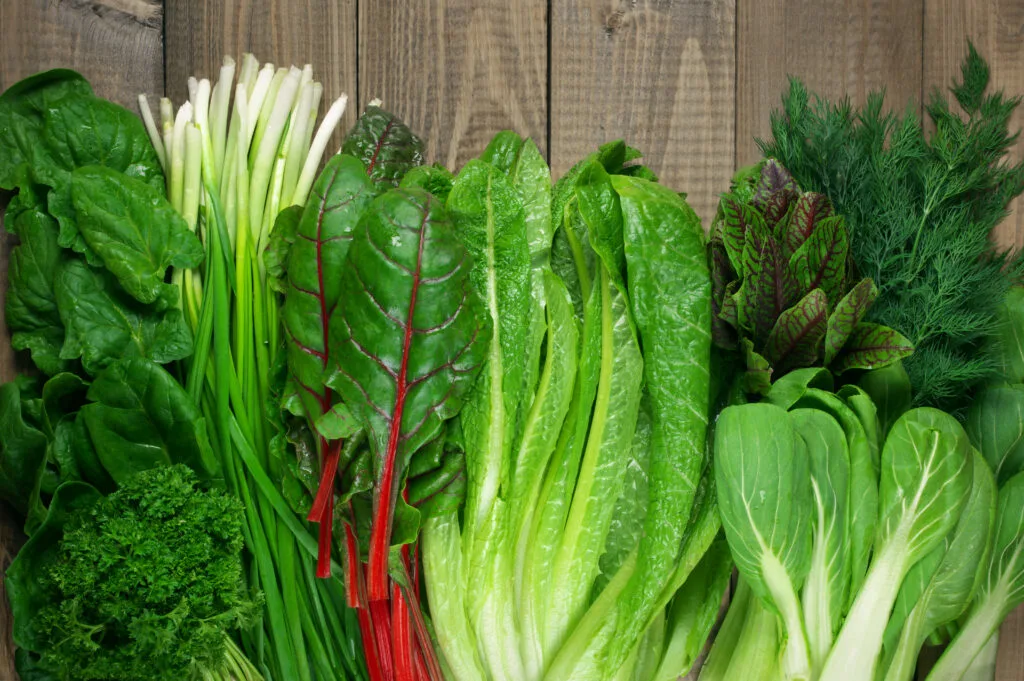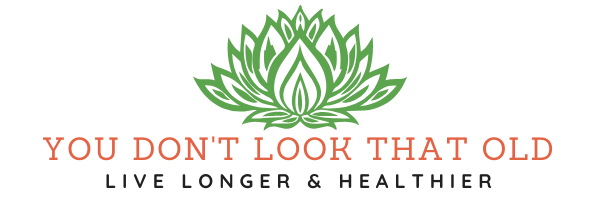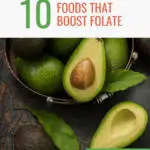Folate is an essential vitamin, vitamin B9 in its natural form. It is called folic acid in its synthetic form. Your body needs it to synthesize red blood cells. Healthy cell growth and function also depend on folate. If there is a lack of folic acid in your blood, you likely have a folate deficiency.

What is Folate & Folate Deficiency Anemia?
According to Johns Hopkins Medicine, a folate deficiency may develop if you don’t consume food rich in folic acid, drink too much alcohol, or have a disease that impacts the lower digestive tract – such as celiac disease (which might decrease your body’s ability to absorb folate), are pregnant or take medications that affect the amount of folic acid in your blood.
Folate is vital for women in the early stages of pregnancy because it helps to prevent congenital disorders. Anyone pregnant or trying to conceive should ensure that they get at least four hundred micrograms of folate each day.
Symptoms of Folate Deficiency Anemia
- Irritability
- Lethargic
- Fatigue
- Pale
- Decreased Appetite
- Diarrhea

Folate versus Folic Acid
The CDC explains that although the terms “folate” and “folic acid” are often used interchangeably, there is a difference in definition. “Folate” is the general terms to describes the various types of vitamin B9, which includes “folic acid”.
Other folates include dihydrofolate (DHF), tetrahydrofolate (THF), 5, 10-methylenetetrahydrofolate (5, 10-MTHF), and 5-methyltetrahydrofolate (5-MTHF).
How to Get Enough Folate
If you want to ensure you are getting enough folate, you have two main choices. You can either take folic acid supplements or make sure that you get enough folate in your diet.
Ten Folate-Rich Foods
#1 – Avocado
Although they contain a lot of fat, avocados are one of the healthiest foods you can eat. The fat in avocados is monounsaturated, meaning it is high in beneficial HDL cholesterol.
Avocados also contain folate, fiber, potassium, vitamin C, vitamin D, vitamin B6, calcium, iron, magnesium, and cobalamin. If you need more folate and generally want to improve your diet, try eating avocadoes more often.
#2 – Spinach
Spinach is a good food choice for anyone who needs more folate in their diet. Half a cup of cooked spinach contains around 131 micrograms of folate. Spinach is also rich in iron, potassium, calcium, magnesium, and vitamin A.
You should make a point of including more spinach in your diet if you are anemic. The iron and folate in spinach will help to increase your red blood cell count.
#3 – Broccoli
Broccoli is another food that contains a lot of folates. One cup of raw broccoli contains about 57 micrograms of folate. Cooked broccoli has 84 micrograms of folate.
Broccoli also contains fiber, vitamin C, vitamin K, vitamin A, potassium, manganese, antioxidant phytonutrients, and plenty of B vitamins.
#4 – Asparagus
If you like the taste of asparagus and want to get more folate into your diet, you should eat it regularly. Just ninety grams of asparagus contains 134 micrograms of folate, more than thirty percent of the recommended daily amount.
Other vital nutrients in asparagus include vitamin C, beta-carotene, vitamin E, selenium, manganese, B vitamins, and zinc.

#5 – Romaine Lettuce
Romaine lettuce makes a sensible choice for your salad bowls if you wish to include more folate in your diet. One cup of romaine lettuce has 64 micrograms of folate.
When you eat a bowl of salad containing romaine lettuce, you get approximately sixteen percent of the recommended daily folate intake. Romaine lettuce is also an excellent source of vitamin C, vitamin K, beta-carotene, calcium, phosphorous, potassium, and magnesium.
#6 – Kale
Not everybody likes kale. However, people who do not mind the taste of kale get to enjoy the myriad health benefits associated with it.
Kale is full of nutrients. It has about 263 micrograms of folate per cup and massive amounts of vitamins A, K, and C. Kale also has B vitamins and the minerals potassium, manganese, calcium, and copper.
#7 – Cabbage
Cabbage is another food you should eat if you want to include more folate in your diet. Cabbage contains 30.1 micrograms of folate per cup when raw. Cabbage is also dense in other nutrients.
These include calcium, iron, magnesium, phosphorus, potassium, zinc, copper, manganese, selenium, vitamin A, vitamin C, and various B vitamins.
#8 – Beans And Legumes
Beans, peas, and legumes are all excellent sources of folate. Cooked peas contain between 133 and 203 micrograms of folate per hundred grams. Beans have between 53 and 81 micrograms of folate per hundred grams. There are between 22 and 39 micrograms of folate in one hundred grams of lentils.
Beans, peas, and legumes contain many other nutrients such as iron, potassium, magnesium, and healthy fats. Additionally, they are a fiber-rich source of protein for people who follow a vegetarian or vegan diet.
#9 – Mangoes
You do not necessarily need to eat vegetables, beans, or legumes to get your recommended daily amount of folate. Mangoes are a great source of folate and other nutrients, which might be why they are called the king of all fruits in some areas of the globe.
A single mango contains approximately 144 micrograms of folate. Mangoes also provide lots of vitamin C, iron, magnesium, vitamin B6, potassium, vitamin K, vitamin A, vitamin E, copper, thiamine, and riboflavin.
#10 – Oranges
Do you like the sweet yet sour taste of oranges? One orange contains between forty and fifty micrograms of folate, around twenty percent of the recommended daily amount. Oranges are also a good source of vitamin C, iron, vitamin B6, vitamin A, magnesium, thiamin, and calcium.
According to the Harvard School of Public Health, other foods rich in folate include:
- Peanuts
- Sunflower seeds
- Whole grains
- Liver
- Seafood
- Eggs

